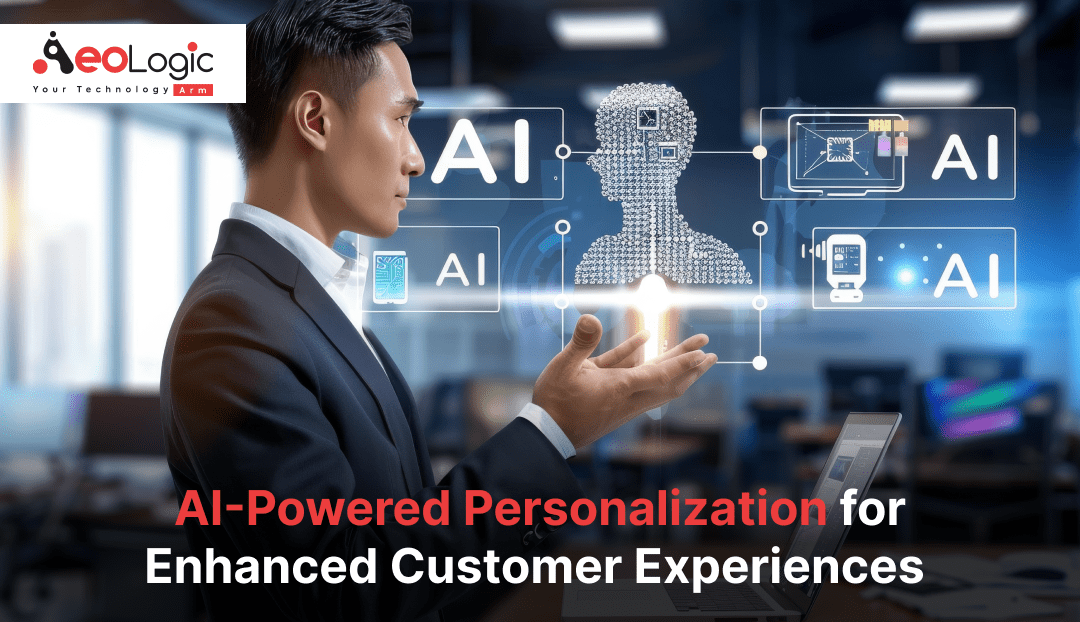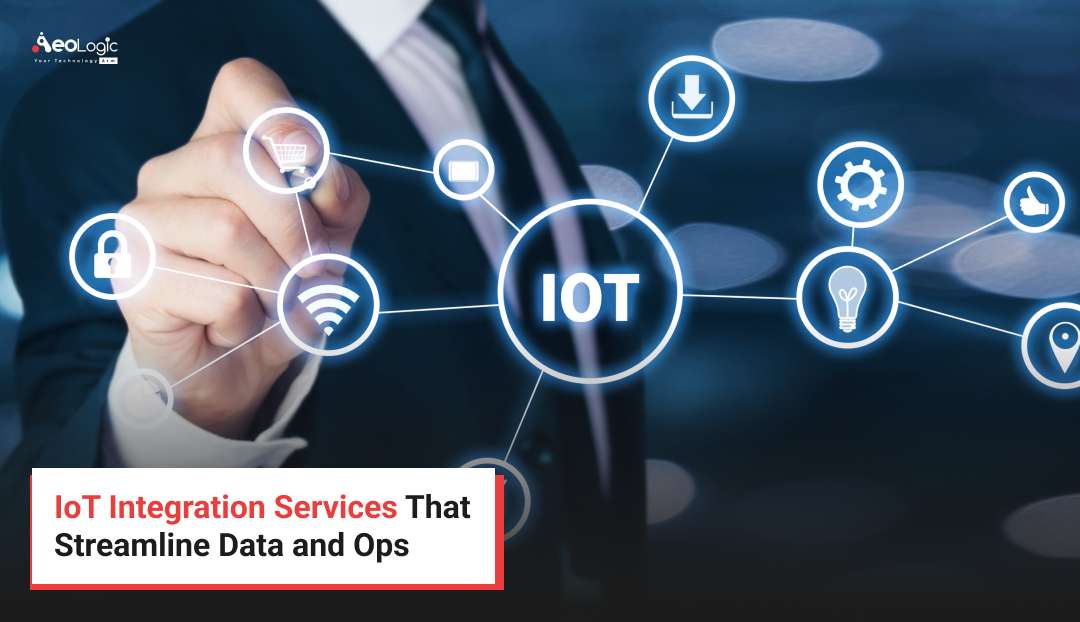In today’s fast-paced digital landscape, businesses are continually seeking innovative ways to connect with their customers. One of the most effective strategies emerging is AI-powered personalization, which tailors content, recommendations, and experiences to individual user preferences. This blog explores how AI-powered personalization solutions can drive engagement, the benefits they offer, and practical strategies for implementing these solutions in your business.
Also read: How AI Enhances Personalized Shopping with Recommendations
Understanding AI for Enhanced Customer Experience
AI for enhanced customer experience refers to the use of artificial intelligence technologies to tailor experiences, content, and recommendations to individual users based on their preferences, behaviors, and interactions. Unlike traditional personalization, which often relies on broad demographic data, AI takes a more nuanced approach by analyzing vast amounts of data in real-time. This allows brands to create unique experiences for each customer, fostering a deeper connection.
The Mechanics Behind AI-Powered Personalization
At its core, AI-driven personalization leverages data analytics, machine learning, and natural language processing to understand customer behavior. Here’s how it works:
Data Collection: Businesses collect data from various sources, including website interactions, purchase history, social media engagement, and customer feedback.
Data Analysis: Advanced algorithms analyze this big data to identify patterns and preferences. For instance, machine learning models can segment customers based on their behaviors, allowing for targeted marketing efforts.
Real-Time Recommendations: AI systems can provide real-time recommendations to users based on their current behavior and historical data. For example, e-commerce sites can suggest products that complement previous purchases.
Continuous Learning: AI systems continuously learn from new data, adapting and refining their recommendations over time. This means that the more a customer interacts with a brand, the better the personalization becomes.
Benefits of AI-Powered Personalization
Enhanced Customer Experience: By delivering relevant content and recommendations, businesses can significantly improve the customer experience. This leads to higher satisfaction and increases the likelihood of repeat purchases.
Increased Engagement: Personalized experiences capture attention more effectively than generic messages. Customers are more likely to engage with content that resonates with their interests and preferences.
Higher Conversion Rates: Tailored recommendations can lead to higher conversion rates. For instance, personalized email marketing campaigns often see significantly better open and click-through rates compared to standard campaigns.
Loyalty and Retention: When customers feel understood and valued, they are more likely to remain loyal to a brand. Personalized interactions foster a sense of connection, increasing the likelihood of long-term relationships.
Improved Marketing Efficiency: AI automation allows businesses to optimize their marketing strategies by focusing on the most promising leads and reducing wastage in ad spend. Targeted campaigns yield better results, maximizing return on investment.
Real-World Applications of AI-Powered Personalization
Many brands are successfully implementing AI for enhanced customer experiences. Here are a few notable examples:
E-Commerce
Retail giants like Amazon utilize sophisticated algorithms to analyze customer behavior and recommend products based on past purchases and browsing history. Their “customers who bought this also bought” feature is a classic example of effective AI-driven personalization.
Streaming Services
Platforms like Netflix and Spotify leverage AI to create personalized content recommendations. By analyzing viewing and listening habits, these services curate lists of shows, movies, or songs that align with users’ tastes, making the discovery process seamless and enjoyable.
Online Travel
Travel companies such as Expedia use AI to offer personalized travel recommendations. By analyzing user preferences and previous bookings, they can suggest destinations, accommodations, and activities tailored to individual travelers.
Social Media
Social media platforms like Facebook and Instagram utilize AI to deliver personalized content to users’ feeds. By analyzing user interactions, these platforms curate a tailored experience that keeps users engaged and coming back for more.
Challenges and Considerations
While the benefits of AI-powered personalization are clear, there are also challenges that businesses must navigate:
Data Privacy
With growing concerns about data privacy, businesses must ensure that they handle customer data responsibly and transparently. Adhering to regulations like GDPR and CCPA is essential for building trust with customers.
Algorithm Bias
AI systems can inadvertently perpetuate biases present in training data. It’s crucial for businesses to regularly evaluate their algorithms to ensure fairness and avoid discrimination in personalization efforts.
Over-Personalization
While personalization is beneficial, there is a fine line between tailored experiences and invasive tactics. Businesses must strike a balance to avoid overwhelming customers with excessive targeting, which can lead to frustration.
Future Trends in AI-Powered Personalization
As technology continues to evolve, so too will the strategies for AI-powered personalization. Here are a few trends to watch:
Hyper-Personalization: Moving beyond basic recommendations, hyper-personalization involves tailoring experiences at an even deeper level, considering factors like mood and context.
Voice and Conversational AI: As voice-activated devices become more prevalent, businesses will increasingly use conversational AI to provide personalized interactions through voice searches and virtual assistants.
Predictive Analytics: Future AI systems will become more adept at predicting customer needs before they arise, allowing businesses to proactively offer solutions and enhance the overall experience.
Integration Across Channels: Omnichannel personalization will become more sophisticated, allowing businesses to provide a seamless experience across various touchpoints, from social media to email and in-store interactions.
Also read: The Role of Big Data Analytics and AI in Smart Transportation
Conclusion
AI for enhanced customer experiences is no longer a luxury; it’s a necessity for businesses looking to thrive in a competitive landscape. By leveraging the power of AI, brands can create memorable and engaging customer experiences that foster loyalty and drive growth. As technology continues to advance, the potential for even more sophisticated personalization strategies is limitless. Embracing these innovations will not only enhance customer satisfaction but also position businesses for long-term success in an ever-evolving marketplace.







